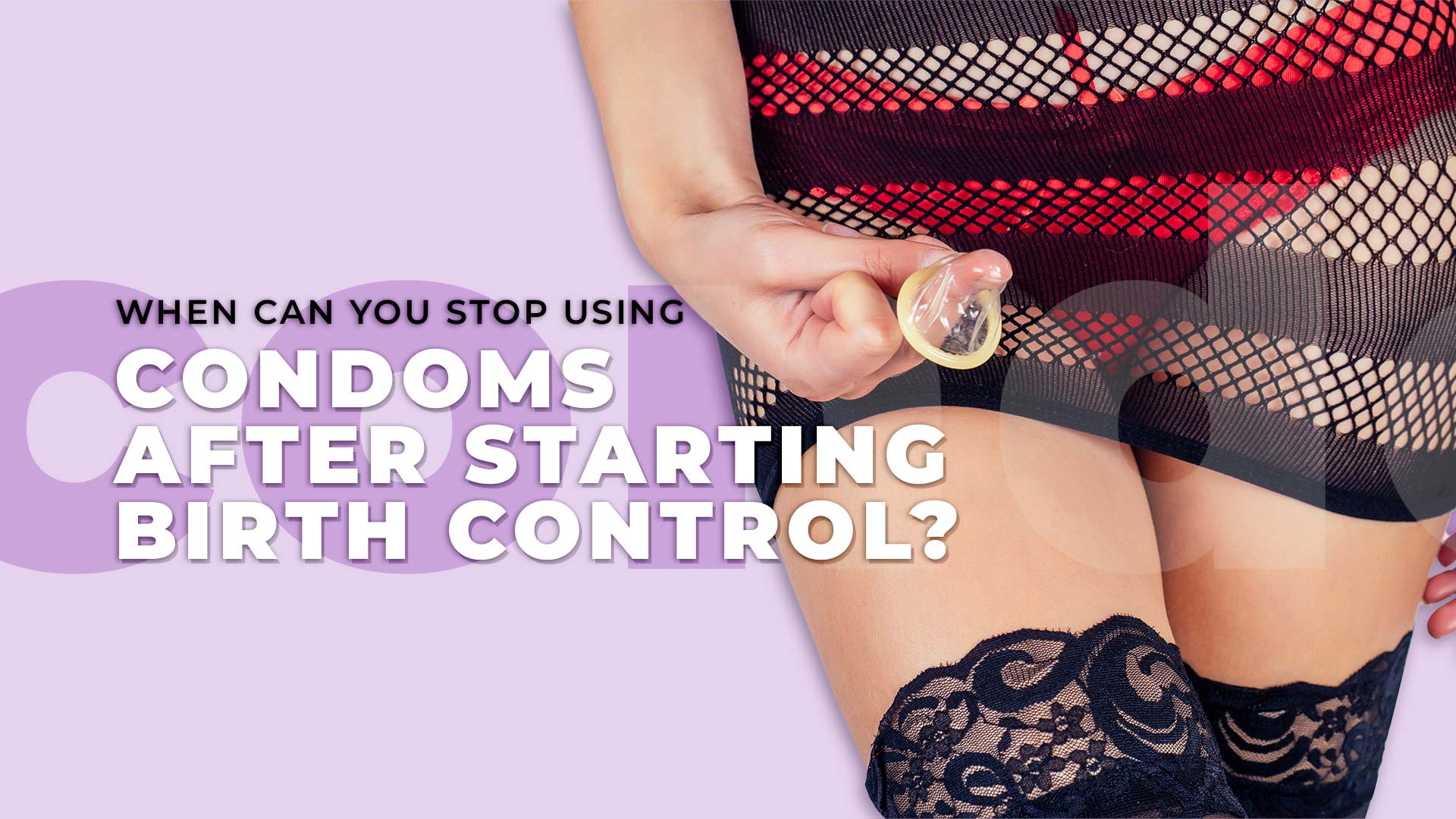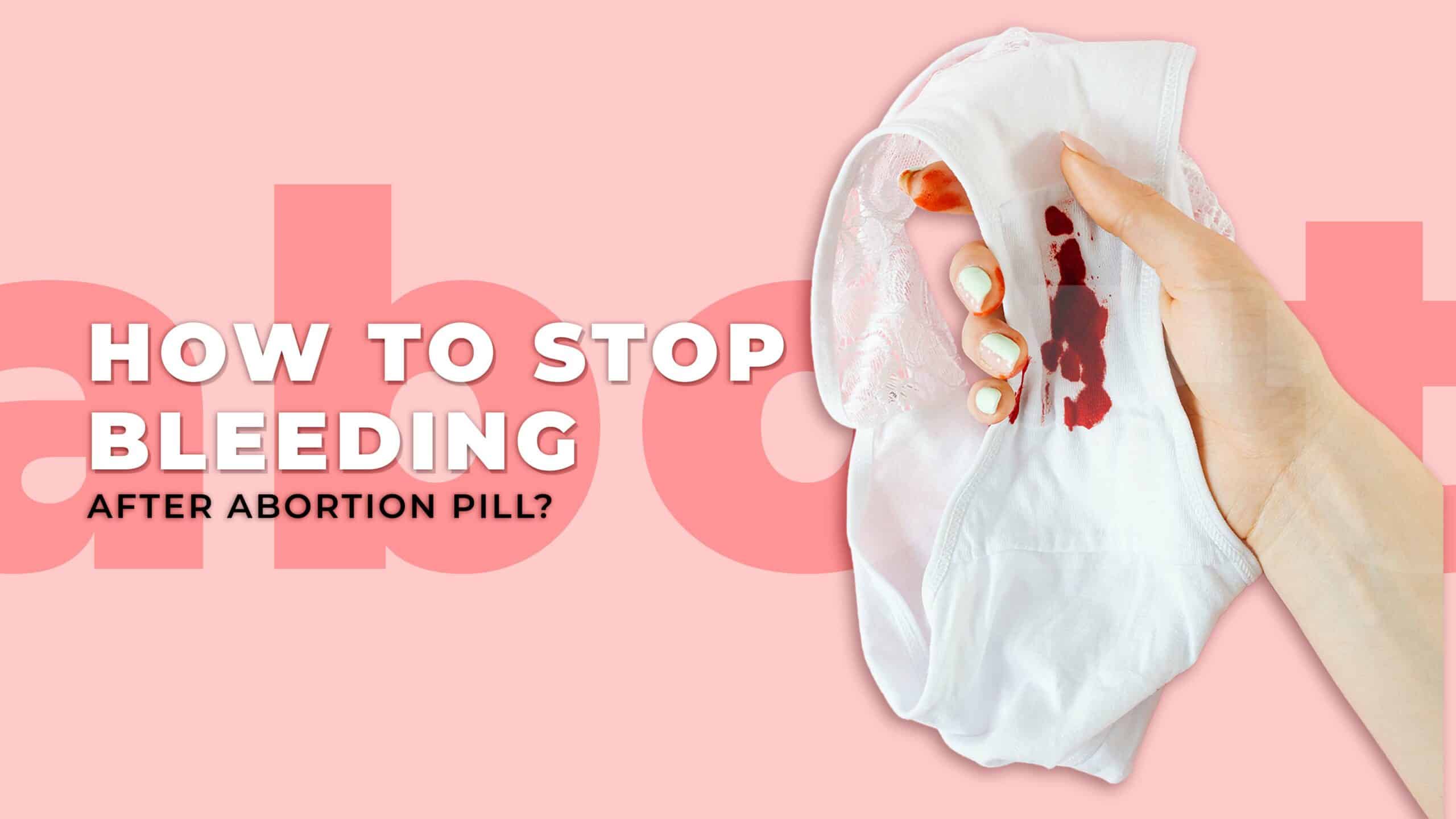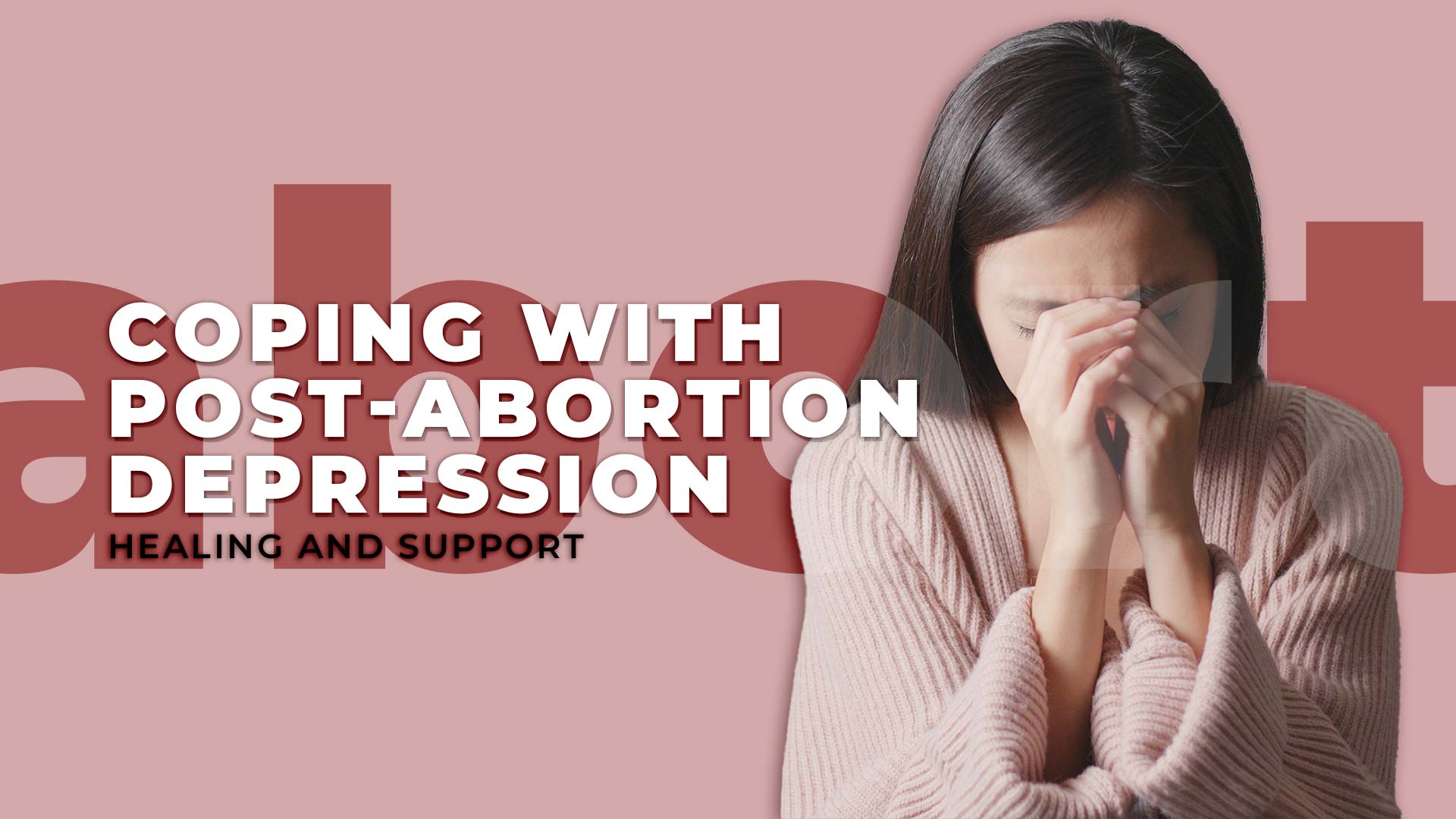The pill is one of the most popular forms of contraception thanks to its high level of effectiveness and ease of use. However, many women wonder how long they should wait before they can stop using condoms as a backup method.
In this article, we’ll explore the factors that can influence this decision and provide some helpful tips for making an informed choice.
How long should I be on the pill before I stop using condoms?

If you begin taking the birth control pill during the first five days of your menstrual cycle (i.e., the first five days of bleeding), it becomes effective immediately. However, if you start taking it at any other time in your cycle, you must use condoms for a week until the pill reaches full effectiveness. In your case, since you’ve been taking the pill for two months, you don’t need to use condoms anymore, provided that both you and your partner have tested negative for STDs. If you haven’t been tested yet, continue to use condoms until you do.
Wait time for different types of birth control

If you’re beginning a new birth control method or considering a switch, you may have some questions, especially about when you can rely on the method for protection against pregnancy. To provide some guidance, we’ve compiled the wait times for each type of birth control below.
- Combination pill
In the case of the combination pill, immediate protection against pregnancy is achieved if you start taking it on the first day of your period. However, if you start taking the pill pack after your period has begun, you’ll need to use a barrier method, such as a condom, for the first seven days before having unprotected sex.
- Progestin-only pill
For those taking the progestin-only pill (also known as the mini-pill), it’s necessary to use a barrier method for the first two days after starting the pills. If you miss a pill, use a backup method for the next two days to ensure complete protection against pregnancy.
- Copper IUD
If you have a copper IUD, it becomes fully effective as soon as it’s inserted, so you don’t need to use any additional form of protection unless you’re concerned about sexually transmitted infections.
- Hormonal IUD
If you’re getting a hormonal IUD, your healthcare provider will typically insert it during the week you’re due for your period. If the insertion happens within seven days of the start of your period, you’re protected against pregnancy immediately. However, if it’s inserted at any other time of the month, you should use a barrier method for the following seven days.
- Implant
If you have the implant, it provides immediate protection against pregnancy if inserted within the first five days of your period. However, if it’s inserted at any other time during the menstrual cycle, a backup barrier method is necessary for the first seven days to ensure complete protection.
- Contraceptive patch
With the patch, a seven-day wait is required after applying the first patch before it becomes fully effective in preventing pregnancy. If you decide to have sex during this period, it’s recommended to use an additional form of birth control.
- NuvaRing
For the NuvaRing, immediate protection against pregnancy is achieved if the ring is inserted on the first day of your period. If it’s inserted at any other time, using a backup birth control method for the next seven days is advised.
- Depo-Provera shot
For the Depo-Provera shot, full protection is achieved within 24 hours if the first shot is administered within five days of the start of your period. If it’s given after this period, using a backup barrier method for the following seven days is recommended. Consistency is key, and if you’re more than two weeks late for a follow-up shot, using a backup method for seven days after the next shot is advised to maintain effectiveness.
What to do if you get pregnant?
If you find yourself facing an unplanned pregnancy, there are several options available, including continuing the pregnancy and parenting, adoption, or abortion. If you choose to have an abortion, there are different types available depending on how far along you are in the pregnancy and your health status. Here are the types of abortion:
- Medical Abortion: This method uses medication to end a pregnancy. MTP kit can be used up to 10 weeks into the pregnancy and involves taking two pills, usually 24-48 hours apart. The medication causes the uterus to contract and expel the pregnancy.
- Aspiration or Vacuum Aspiration: This method can be done up to 12 weeks into the pregnancy and involves using a suction device to remove the pregnancy from the uterus.
- Dilation and Curettage (D&C): This method is typically used in cases of incomplete miscarriage or to remove tissue left behind after a medical abortion. It involves dilating the cervix and using suction and instruments to remove the tissue.
- Dilation and Evacuation (D&E): This method is used for second-trimester abortions and involves dilating the cervix and using suction and instruments to remove the pregnancy.
Note that the availability of these options may vary depending on your location and the laws in your country or state. Talk to a healthcare provider about your options and the risks and benefits of each method. They can provide guidance and support to help you make the best decision for your unique situation.
Rules to follow when on birth control pill
When taking birth control pills, it’s important to follow certain guidelines, which should be prescribed by your ob-gyn based on your individual needs. According to Dr. Jennifer Hastings, here are some rules to keep in mind.
- Take the pills in the correct order and without interruption.
- Take the pills at the same time every day.
- If you experience nausea after taking the pill, have something to eat before taking it.
- Don’t skip a day of your pill.
- Begin a new pack as soon as you finish the previous one.
Takeaway

The pill is an effective form of contraception, but it does not protect against STIs. While you can typically stop using condoms after seven days of consecutive pill use, consider your individual risk factors and discuss your options with your healthcare provider. By taking these steps, you can make an informed decision that best meets your needs and ensures your sexual health and well-being.
References
- Birth control patch. (2017, March 14).
americanpregnancy.org/preventing-pregnancy/birth-control-patch/ - Contraceptive implant (Implanon). (n.d.).
mayoclinic.org/tests-procedures/nuvaring/basics/what-you-can-expect/prc-20012985 - Copper T IUD. (n.d.).
arhp.org/MethodMatch/details.asp?productId=2 - Intrauterine device (IUD). (2015, March).
familydoctor.org/intrauterine-device-iud/ - Depo-Provera. (2009, March).
optionsforsexualhealth.org/birth-control-pregnancy/birth-control-options/hormonal-methods/depo-provera - Mayo Clinic Staff. (2015, August 13). Combination birth control pills.
mayoclinic.org/tests-procedures/combination-birth-control-pills/basics/how-you-prepare/prc-20014056?reDate=02032015&p=1 - Mayo Clinic Staff. (2015, January 9). Contraceptive implant: How you prepare.
mayoclinic.org/tests-procedures/contraceptive-implant/basics/how-you-prepare/prc-20015073 - Mayo Clinic Staff. (2015, January 10). Mirena (hormonal IUD): How you prepare.
mayoclinic.org/tests-procedures/mirena/basics/how-you-prepare/prc-20012867 - Mayo Clinic Staff. (2015, May 12). NuvaRing (vaginal ring).
mayoclinic.org/tests-procedures/nuvaring/basics/what-you-can-expect/prc-20012985 - Progestin-only hormonal birth control: Pill and injection. (2014, July).
acog.org/Patients/FAQs/Progestin-Only-Hormonal-Birth-Control-Pill-and-Injection





